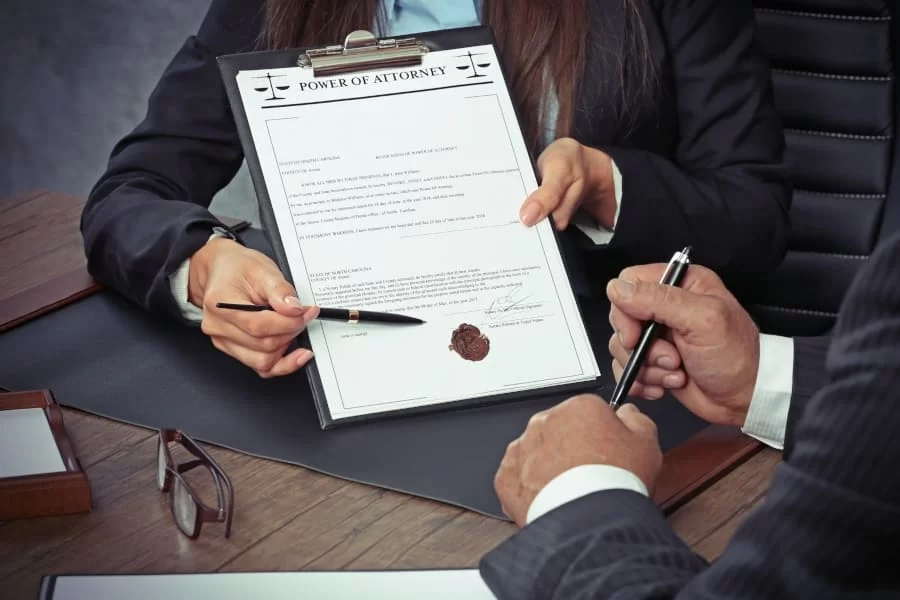A power of attorney is a document appointing someone to make decisions on your behalf or sign documents for you. You need to think carefully about who you give this power to.

There are various types of power of attorney. The most common type is the enduring power of attorney (EPA) which is flexible and will allow the person you have named to continue acting even if you are no longer able to make decisions for yourself. An EPA is an important document in which you name a person (called your attorney) who is to have power to act on your behalf and make decisions for you if you become incapacitated. An attorney does not need to be a lawyer but should be someone that you trust to do the right thing for you.
There are two types of EPAs: those for property and those for personal care and welfare. Property means everything that you own, including bank accounts, investments and so on. A personal care and welfare attorney is concerned with questions such as where you are to live and are you being properly cared for.
